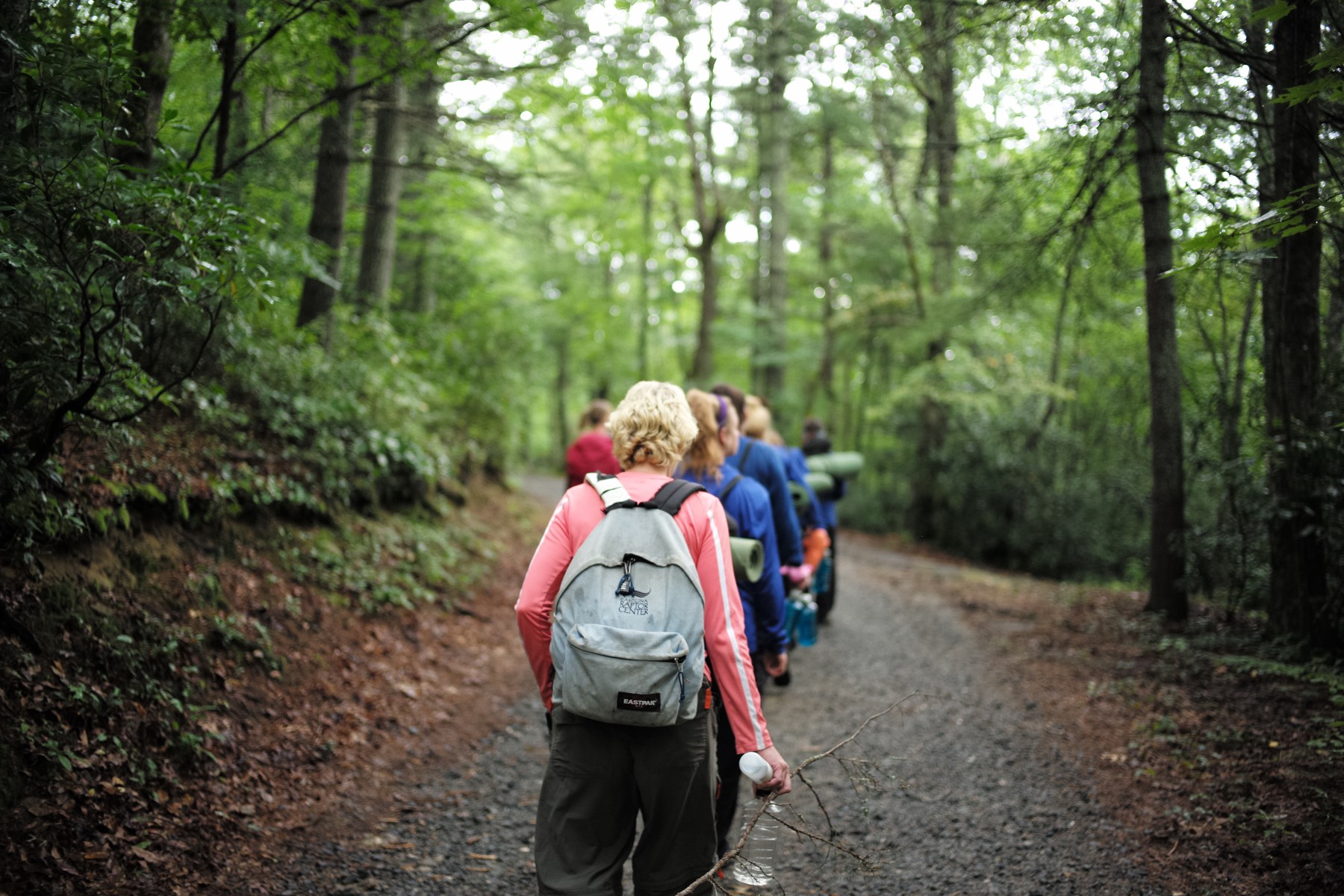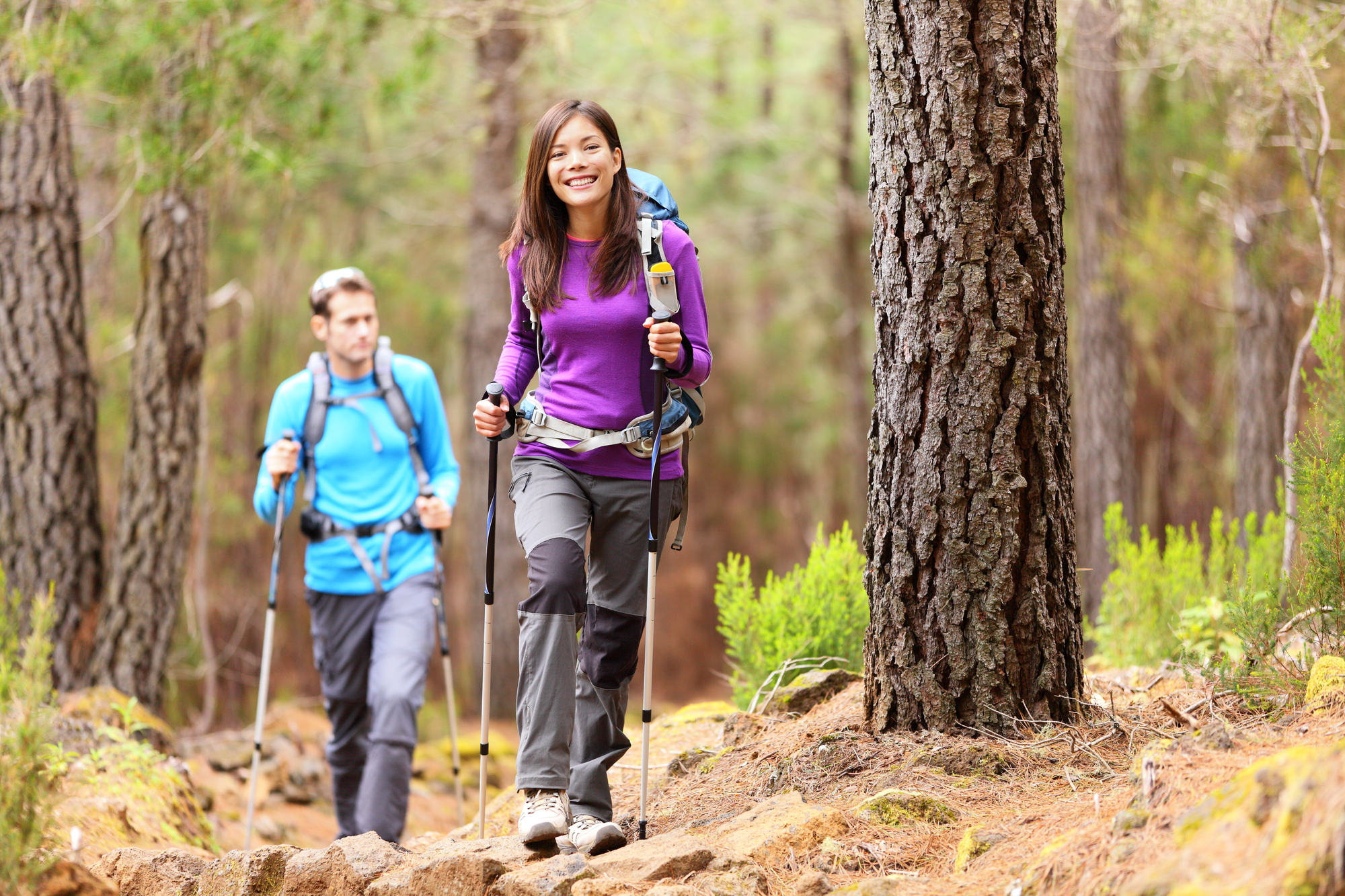This organization has been helping troubled teens and young adults, ranging from 10 to 17 years of age, address negative influences and behavioral problems for more than a decade. The Trails Carolina Therapeutic Wilderness Program is recognized across the US as a leading solution provider for its attendees.
The Trails Carolina Therapeutic Wilderness Program is recognized across the US as a leading solution provider for its attendees.
As part of the learning and therapy sessions, they place one of their main focuses on connecting with the family of the troubled youth. Let’s see how that adds a vital piece to the entire equation.
Table of Contents
Trails Carolina Therapeutic Wilderness Therapy
Wilderness therapy can be conducted in many ways. There are nomadic wilderness therapy providers, while others attempt to heal youth through the base camp approach. Trails Carolina is located in the Blue Ridge Mountains in western North Carolina and, organized year-round embraces the second model.
Their wilderness therapy program requires attendees to be aware of their surroundings while learning and practicing new skills. It is hard to survive outdoors without teamwork. Decision making and actions need to be crisp and spontaneous, without self-doubt and certainly without pursuing selfish goals. In short, people are not only asked to be aware of where they are, but they must learn to ask for and receive help as needed.
How Does their Base Camp Operate?
Participants in their Base Camp are organized in groups of eight to ten according to age group (and sex) for teens. The participants work under the supervision of licensed therapists, several accredited teachers, and Trails direct care staff. Students transition from wilderness therapy backpacking expeditions to base camps and back again.
The program is specifically designed around transitions moving students into different situations to allow them to practice and refine, improve and ultimately gain confidence that they can succeed at home. At the base camps, students are engaged in academics and equine therapy and then transition to another base camp where the focus is on mindfulness and wellness, adventure therapy (climbing in the winter and canoeing/fishing in the summer) plus they work with a naturalist learning environmental science.
The students take classes in health and wellness, physical education, history, and science, whose credits can be transferred back to school when they finish camp. They also participate in numerous mental health and therapeutic programming, which involve cognitive behavioral therapy and mindfulness training, and other clinical methodologies.
How Do Parents and Family Factor In?
In addition to individualized and group therapy programs for troubled youth, they offer a variety of means to bring the family of their teens into the picture. Family and group therapy sessions are available, and parent workshops help the family understand and adjust to how their child(ren) may be progressing.
Trails Carolina reviews point out that families love what they are getting out of the experience. What is the philosophy behind this approach?
Kids Do Not Exist in a Vacuum
An attendee can be challenged and taught, learning by doing at the Trails Carolina Base Camp. They can learn to work well and connect with their peer groups. They will continue their education in wilderness therapy sessions and learn valuable life sessions to teach them to be reflective and respectful to those in their immediate circle.
However, a crucial part of wilderness therapy is how well the attendees assimilate back into society once they finish their course. That starts with their family environment.
In many cases, the pre-teen and adolescent was not only suffering from anxiety, depression, or ADHD, exhibiting behavioral problems at school, and/or becoming a substance abuser. They were also estranged from their family members going into camp.
In many cases, the trust between family members needs to be rebuilt from the ground up. And this is why they place a great deal of emphasis on getting family members to try and feel and understand what their child is going through. While simultaneously preparing the attendees at camp to wipe the slate clean and reengage positively with their near and dear ones.
How Does the Trails Carolina Program “Reunite” Kids with Their Families?
There are two aspects to their approach.
First, the youth move back and forth between the base camp and the wilderness, learning and equating their wilderness experiences with real life experiences. This grounds them, preparing them to “fit” into their home, school, and social environments when they return home. Additionally, the new skills learned to increase their confidence.
However, parents and immediate family members must understand and recognize what their child is going through both in their “home away from home.” The family systems model aims to prepare them for the eventual return and adjustment into family life, which is accomplished through a comprehensive family program that includes parent coaching, educational workshops, and weekly communication between the children and their families.
Ultimately, the child learns life lessons and gains personal insight and renewed self-confidence. In contrast, the family learns how their child has changed throughout camp and how to help manage their child’s behavior while appreciating their newfound skills and behavior.
The Results Are There To See
The family bonding goal drives strong results, which are observed after the final review and graded by Trails a full year after completing the program. In reviews from family and attendees, improvements are noted across the board in 86 to 98% of the cases across categories ranging from unruly behavior, defiance, anxiety to depression, suicidal impulses, and ADHD.
The Final Word
Family Therapy is a critical part of preparing each teen to tackle the rest of their life with renewed confidence. As in everything else they do, the Trails Carolina staff, teachers and counselors try to get the best results for their students in every way – which starts with how they and their families co-exist with and support each other.

















